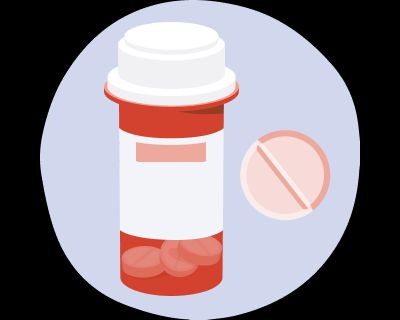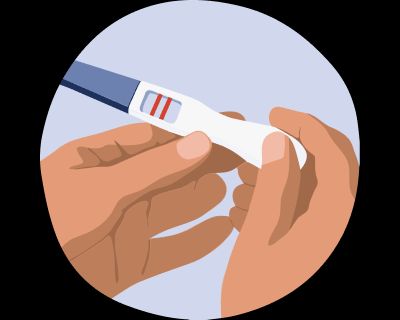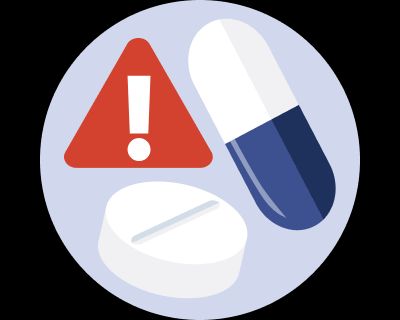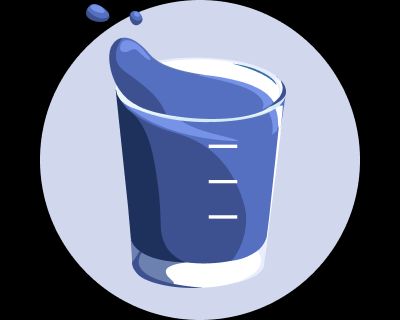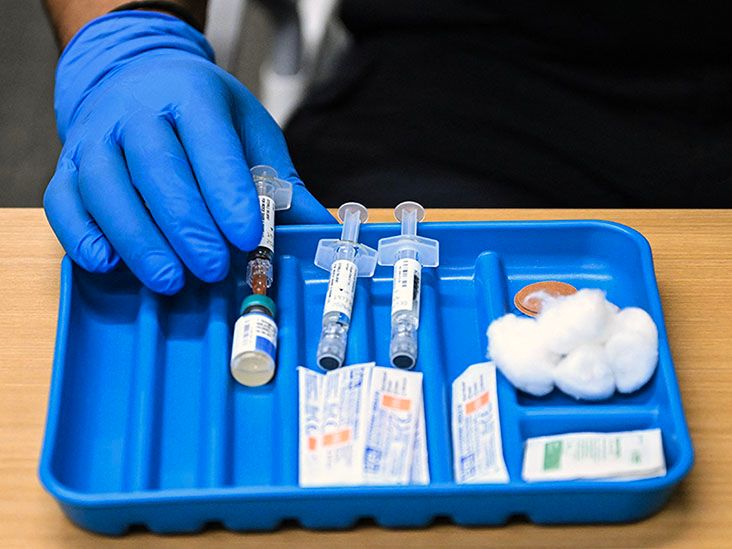Entyvio (vedolizumab) is a prescription drug that doctors use to treat moderate or severe ulcerative colitis and Crohn’s disease. It may take at least 6 weeks for your symptoms to improve.
Entyvio is a biologic medication that belongs to a group of drugs called integrin receptor antagonists. Biologic drugs are substances that are made from living organisms, not chemicals. Entyvio is approved by the Food and Drug Administration (FDA) to treat both ulcerative colitis (UC) and Crohn’s disease.

Symptoms from UC and Crohn’s disease are the result of inflammation in your gut. This inflammation is caused by white blood cells, specifically lymphocytes, moving into your intestines.
Entyvio blocks a certain protein in the gut that triggers the release of these white blood cells. With fewer white bloods cells in the intestines, inflammation in the gut decreases, and the severity of UC and Crohn’s disease symptoms lessens.
Entyvio is a long-term treatment. It may take at least 6 weeks for you to notice improvements in your symptoms.
Entyvio treatment involves two phases. The first phase is called the induction phase. A doctor will administer your first two doses of Entyvio by intravenous (IV) infusion into a vein 2 weeks apart from one another. When it’s time for your third dose, your doctor may administer the dose by IV, or they may change your dose to a subcutaneous injection under the skin.
A doctor administers your first three doses of Entyvio over a 6-week period. Your Entyvio infusion schedule may look like this:
- week 0: first dose
- week 2: second dose
- week 6: third dose
After your induction doses are complete, you may start to notice your symptoms of UC or Crohn’s disease are more manageable. The stage after your induction is your maintenance phase. The maintenance dose will be administered once every 8 weeks by a doctor, if continuing with the IV route. However, the maintenance dose will be self-administered once every 2 weeks if switching to the subcutaneous form.
According to clinical trials, approximately 15% of people receiving Entyvio doses see their symptoms completely disappear after just the induction phase. Most people require long-term treatment with Entyvio to see the full benefits of the medication.
Discover more about Entyvio
If you don’t notice improvements in your symptoms after 14 weeks of treatment, your healthcare professional may suggest changing your treatment plan or trying another medication.
If you have additional questions about what do if your symptoms aren’t improving, speak with your doctor about your options.
A variety of medications can help manage symptoms of UC and Crohn’s disease. If you experience unpleasant side effects or Entyvio is not effective for you, a doctor may recommend an alternative medication.
Examples of alternative medications to help reduce gut inflammation in people with UC or Crohn’s disease include:
- Tumor necrosis factor (TNF)-alpha inhibitors: These medications include Humira (adalimumab) and Simponi (golimumab).
- Janus kinase (JAK) inhibitors: JAK-inhibiting medications include Xeljanz (tofacitinib) and others.
- Integrin receptor antagonists: This is the group of medications that Entyvio belongs to. Alternative integrin receptor antagonists
includeTrusted Source Tysabri (natalizumab).
Entyvio (vedolizumab) is a biologic medication. Doctors prescribe the drug through IV infusion or subcutaneous injection to help decrease gut inflammation and manage the symptoms of UC and Crohn’s disease.
Entyvio is a long-term treatment with two phases. The first, the induction phase, involves three doses over 6 weeks. It can take at least 6 weeks for you to notice improvements in your symptoms.
The second phase, the maintenance phase, involves one dose once every 8 weeks when administered intravenously or one dose every 2 weeks when administered subcutaneously. If you do not notice improvements to your symptoms, your doctor may change your treatment plan or try another drug.

